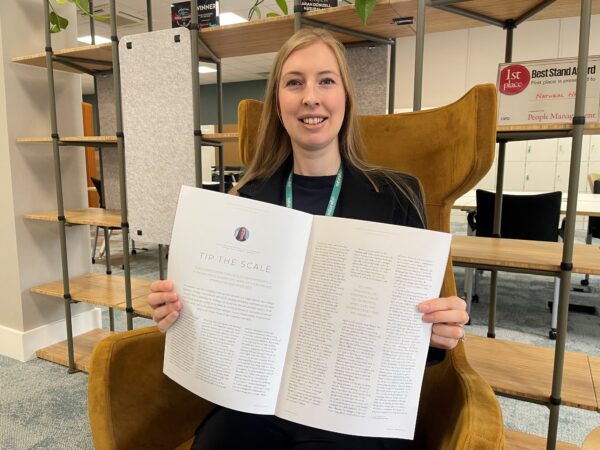However, it was also found that “there is a need to protect concern that non-disclosure agreements have been used to hide workplace harassment or intimidate victims into silence”.
Disclosure of information
Under the proposed legislation, organisations cannot prevent individuals from disclosing information to the police, regulated health and care professionals, or lawyers.
Clear limitations
Individuals can expect to be more informed on their rights and the limitations of disclosure, which must be set out in a written statement of particulars.
Improved legal advice
At present, legal advice has to be sought when an individual signs a settlement agreement but this will be extended so that individuals benefit from advice on the limitations of any confidentiality clauses.
Guidance on drafting NDAs
Bodies such as ACAS and the Solicitors Regulatory Authority are expected to draft guidance on NDAs so that organisations understand the legislation when it comes into force.
Tribunals
The new legislation will be enforced through the tribunal courts, with the remedy being additional compensation for successful claims.
A date is yet to be set for implementing the new legislation. The government’s full press release on their plans was issued on 21st July 2019: Crack down on misuse of Non-Disclosure Agreements in the workplace.
My thoughts on the proposed changes to NDAs
At present, NDAs cannot be used to prevent an individual from reporting any wrongdoing to the police. Still, from what we’ve seen in the news, it would appear NDAs are being used to make individuals believe this is not the case, which is unacceptable!
It’s also concerning that individuals may feel isolated and unable to seek mental health support to discuss their problems if they believe they’ll breach an NDA.
Individuals should become more aware of their rights under the proposed legislation, and the subsequent news coverage we’ll certainly see off the back of the proposals coming into force.
Overall, I welcome this transparency to ensure that victims of a crime are not led to believe they cannot report criminal activity to the police and that they receive appropriate medical attention and mental health support.
For organisations, this will mean doing more than updating confidentiality clauses when the legislation comes into force, and the ACAS guidance is issued.
The HR and Legal sectors are already commenting on the legislation as only being a small part of the solution to eradicating workplace discrimination and sexual harassment. The main point is that this new legislation deals with the issue once it has happened. So they and I would like to see more done to prevent inappropriate behaviour from actually occurring in the first place. This appears to be the growing consensus from the HR sector.
However, implementing meaningful changes that might prevent these inappropriate behaviours in the workplace will require a wide array of measures to ensure an appropriate workplace culture, from training workshops and clear and well-communicated workplace policies to the right behaviours displayed from the top down. My concern is how many small business owners could and will develop a plan to reduce the likelihood of sexual harassment and discrimination occurring in their workplace as they’re hiring, say, employee number 7 into their team. I’d guess not many.
In the case of this hypothetical business, they’ll probably want to settle such a claim rather than go through a tribunal process. This method of dispute resolution through a settlement agreement is often more favourable than the financial costs of a tribunal and reputational damage.
Although, it’s also anticipated that NDAs will be banned from use in cases involving harassment and discrimination, so precisely how the legislation will work in such cases and settlement agreements is unclear.
As the proposed legislation takes shape, I hope to see more guidance and resources to support small businesses in getting it right from the outset rather than focusing on the legal terms.





